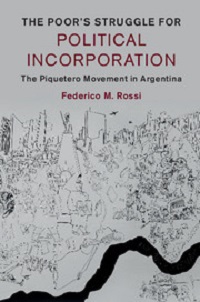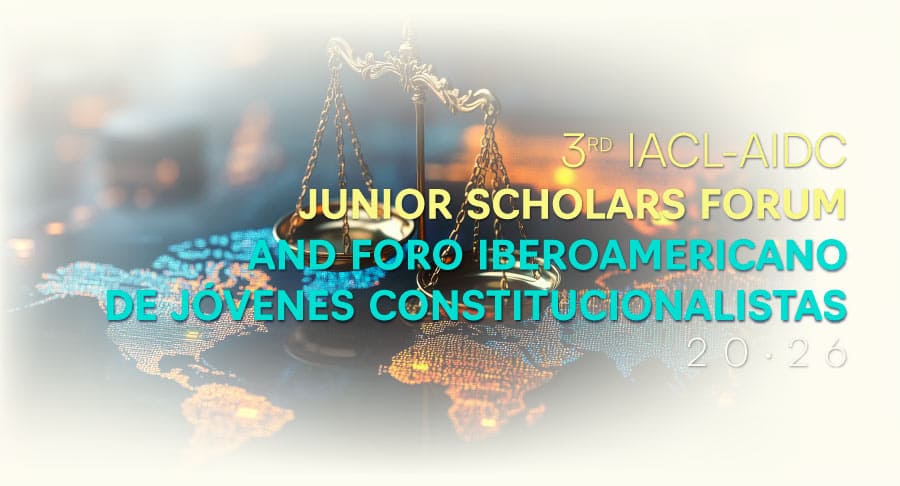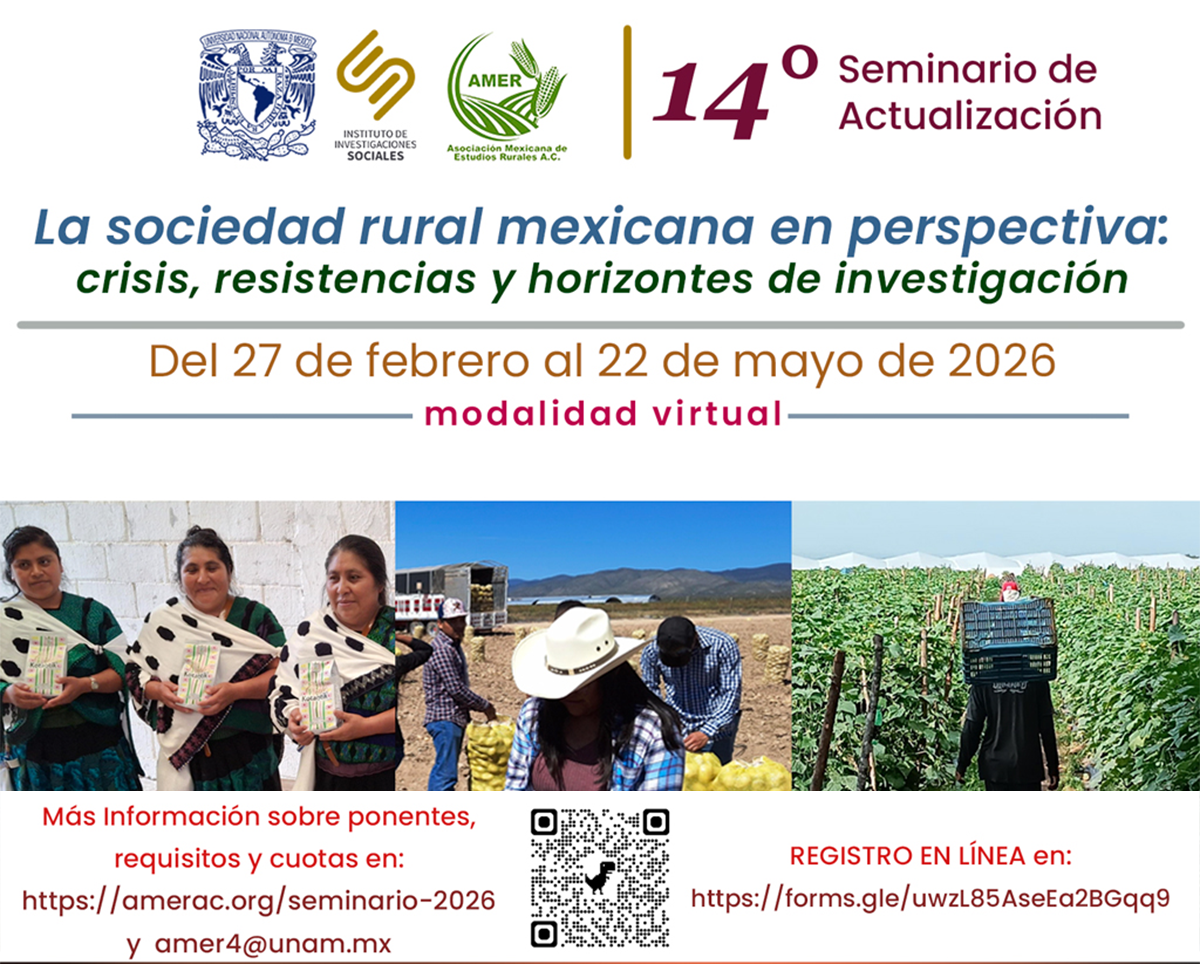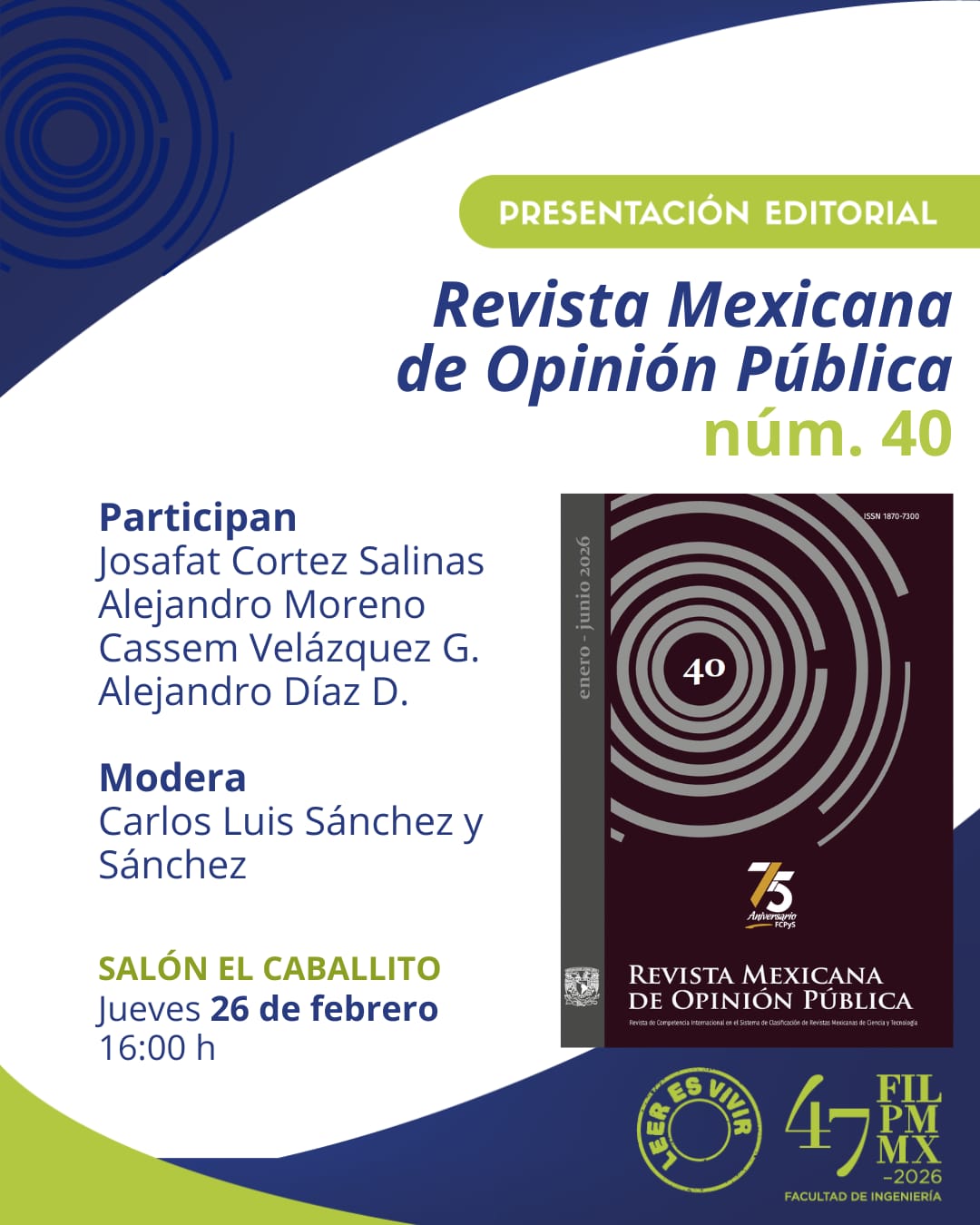The Poor’s Struggle for Political Incorporation
The Poor’s Struggle for Political Incorporation
The Piquetero Movement in Argentina
Federico M. Rossi
CONICET – National University of San Martín, Argentina
This book offers an innovative perspective on the ever-widening gap between the poor and the state in Latin American politics. It presents a comprehensive analysis of the main social movement which mobilized the poor and unemployed people of Argentina to end neoliberalism and to attain incorporation into a more inclusive and equal society. The piquetero (picketer) movement is the largest movement of unemployed people in the world. This movement has transformed Argentine politics to the extent of becoming part of the governing coalition for more than a decade. Rossi argues that the movement has been part of a long-term struggle by the poor for sociopolitical participation in the polity after having been excluded by authoritarian regimes and neoliberal reforms. He conceptualizes this process as a wave of incorporation, exploring the characteristics of this major redefinition of politics in Latin America.
Key Features
–Theory for understanding the cyclical pattern of expansion and contraction of the polity in Latin America.
–Conceptual innovation in strategy making analysis in a historical and collective perspective.
–Foremost study about the major movement of unemployed people of the world.
Part I. Theoretical Framework: 1. Introduction: a theory for the popular sectors’ quest for inclusion in Latin America; 2. Beyond repertoires of contention: conceptualizing strategy making in social movements; Part II. The Second Incorporation in Argentina: 3. From the origin of unemployed workers’ protests to recognition of the ‘piquetero question’ (1996–9); 4. From recognition of the claim to the legitimation of the piquetero movement as a national actor (1999–2001); 5. From movement legitimation to failed state reincorporation in the socio-political arena (2002–3); 6. Party territorial reincorporation in the socio-political arena (2003–9); 7. The aftermath of second incorporation: between continuity and change (2009– 15); Part III. Comparisons and Conclusions: 8. Social movements and the struggle to reshape the socio-political arena in Bolivia and Brazil; 9. Conclusions.
For more information, and to order, visit:
Te puede interesar
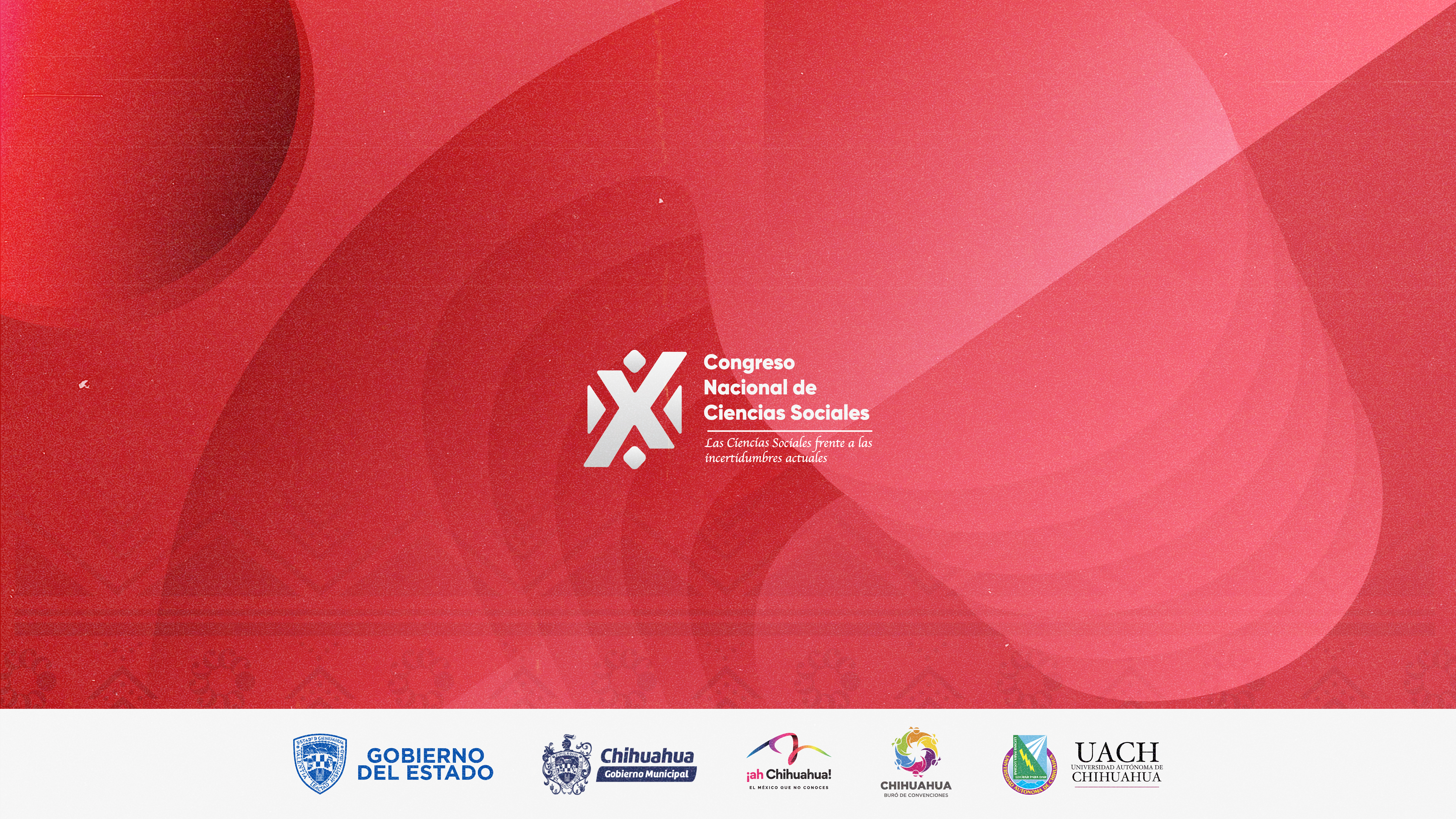
Programa del X Congreso Nacional de Ciencias Sociales
comecso - Feb 25, 202623 al 27 de marzo, 2026 | Posgrado de la Facultad de Contaduría y Administración, Universidad Autónoma de Chihuahua, Campus…

Hoteles con convenio | X Congreso Nacional de Ciencias Sociales
Laura Gutiérrez - Feb 25, 2026X Congreso Nacional de Ciencias Sociales Las Ciencias Sociales frente a las incertidumbres actuales del 23 al 27 de marzo…

Convocatoria Feria del libro
Laura Gutiérrez - Feb 18, 2026FERIA DEL LIBRO X CONGRESO NACIONAL DE CIENCIAS SOCIALES “Las Ciencias Sociales frente a las incertidumbres actuales” INVITACIÓN Información general…

Memorias del IX Congreso Nacional de Ciencias Sociales
Roberto Holguín Carrillo - Jul 02, 2025IX Congreso Nacional de Ciencias Sociales Las ciencias sociales y los retos para la democracia mexicana. Realizado en el Instituto…

Información turística | X Congreso Nacional de Ciencias Sociales
Laura Gutiérrez - Feb 25, 2026Restaurantes Cafetería de conta PV45+F7, Campus Uach II, 31125 Chihuahua, Chih. Corinto Café C. Colegio San Marco 1828, Misión Universidad…
